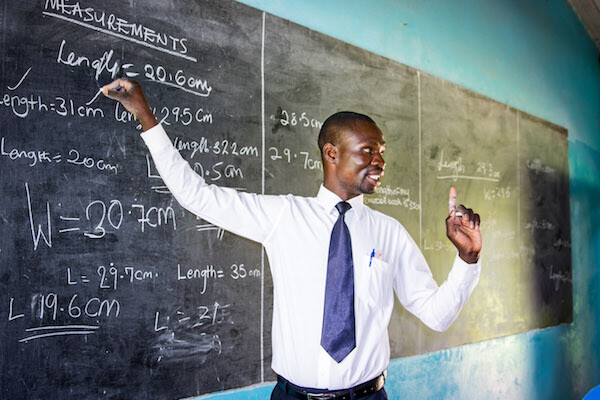By Gumisiriza Gerald Matabaro
Uganda’s education system is facing a crisis, exacerbated by the inadequacies of the National Teacher Policy that was approved by the cabinet in 2019. While touted as a solution to elevate teaching standards, the policy falls short on multiple fronts, neglecting the root issues plaguing educators and students alike. This critique aims to dissect the policy’s shortcomings and call for a more pragmatic and holistic approach to educational reform.
One of the most glaring deficiencies of the policy is its unrealistic mandate to mandate all teachers to possess a bachelor’s degree by 2030. This mandate lacks consideration for the systemic challenges hindering its implementation, resulting in a shortage of qualified teachers in primary schools. The abrupt phase-out of non-core Primary Teachers’ Colleges without viable alternatives further exacerbates the problem, leaving schools scrambling to find competent educators. This not only impacts the quality of education but also creates disillusionment among aspiring teachers, hindering career prospects and professional development.
Moreover, the policy fails to address the stark disparity in qualifications and remuneration between teachers and other professionals. While teachers are expected to attain higher degrees for meagre salaries, other professions require lower qualifications for significantly higher pay. This devaluation of the teaching profession not only disincentivizes talented individuals from pursuing careers in education but also perpetuates a cycle of underinvestment in educators.
Furthermore, the policy’s disregard for the socioeconomic realities facing teachers, including inadequate salaries and lack of incentives, undermines its effectiveness. Demanding higher qualifications without improving working conditions and social status is unjustifiable and unsustainable.
A teacher, earning up to 500,000 shillings, is obligated to cover expenses such as school fees, food, clothing, and housing for their family. Despite being over 40 years old, they are expected to advance from grade three to a diploma and then a bachelor’s degree, all while maintaining the same salary.
While some primary teachers hold bachelor’s degrees, what incentives or support has the government provided to encourage others to pursue higher education? Isn’t the teaching profession going to dogs?
Additionally, the stark contrast between the minimum qualifications for teachers and political leaders highlights skewed priorities within the education system, further eroding trust and morale among teachers. In a country where a bachelor’s degree is deemed essential for teachers, while members of Parliament and a president can suffice with a mere senior six or its equivalent, one might wonder if the education system is careening off course. Picture a scenario where a senior six legislator is deliberating on matters concerning teachers who are required to hold bachelor’s degrees – it raises serious questions about the direction of education.
In light of these deficiencies, policymakers must revisit the National Teacher Policy with a more pragmatic and comprehensive approach. This entails addressing systemic challenges such as the shortage of qualified educators, inadequate remuneration, and lack of career incentives.
Instead of imposing arbitrary mandates, policymakers should focus on empowering teachers through improved training, support, and recognition. Alternative pathways for teacher training, incentivizing higher qualifications, and creating a conducive work environment are essential steps towards revitalizing the teaching profession.
In conclusion, Uganda’s education system is at a crossroads, and the implementation of the National Teacher Policy hangs in the balance. To realize the vision of quality education for all, policymakers must acknowledge and rectify the policy’s shortcomings.
Genuine collaboration and concerted action are needed to prioritize the needs and aspirations of teachers and students, ensuring a brighter future for Uganda’s education landscape.
The writer is a teacher by profession and a student at Makerere University.
Do you have a story or an opinion to share? Email us on: dailyexpressug@gmail.com Or follow the Daily Express on X Platform or WhatsApp for the latest updates.

